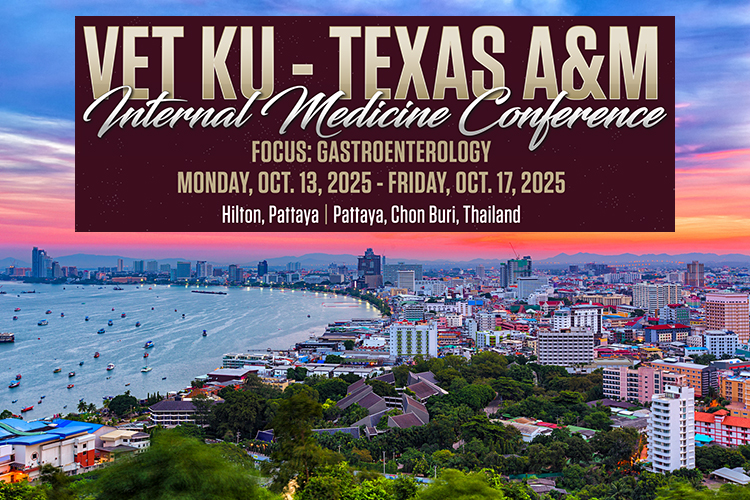This assay is offered by the Texas A&M University VMTH Cardiology service (https://vethospital.tamu.edu/small-animal/cardiology/)
Canine reference interval: <20.0 to 168.0
<20 to 49.9 Result is within the reference interval. Active myocardial injury is unlikely.
50 to 168.0 Result is within the upper part of the reference interval. This can be normal in aging dogs but active myocardial injury is also possible. If clinical signs of heart disease are present, additional diagnostic workup is recommended. Please see additional comments below.
168.1 to 25000 Increased troponin I concentration. Active myocardial injury is likely, additional diagnostic workup is recommended.
TNIH concentrations in healthy dogs and dogs with suspected myocardial injury overlap slightly and so either false positive or false negative results may occur with this test. Because of this, results of the TNIH assay must be interpreted in conjunction with other clinical data. Most healthy dogs (confirmed with echo and ECG) have TNIH concentrations < 135 pg/mL, but in one study, 1 of 39 healthy dogs had a higher concentration. Nearly all dogs with suspected myocardial injury have concentrations > 50 pg/mL but about 50% have concentrations < 135 pg/mL. Finally, in healthy dogs, TNIH concentrations are positively correlated with age.
We have not developed a reference interval on feline patients for Cardiac Troponin I. This assay is not considered to be species specific. However, feline or non-canine species reports will not include reference intervals or interpretations
Sample Requirements and Shipping Information
Minimum sample 500 µL fasting, non-hemolyzed serum.
Samples should be frozen prior to shipment and shipped with dry ice or sufficient ice packs to remain frozen during shipment.
Turnaround time: 2-3 business days after receipt of sample

